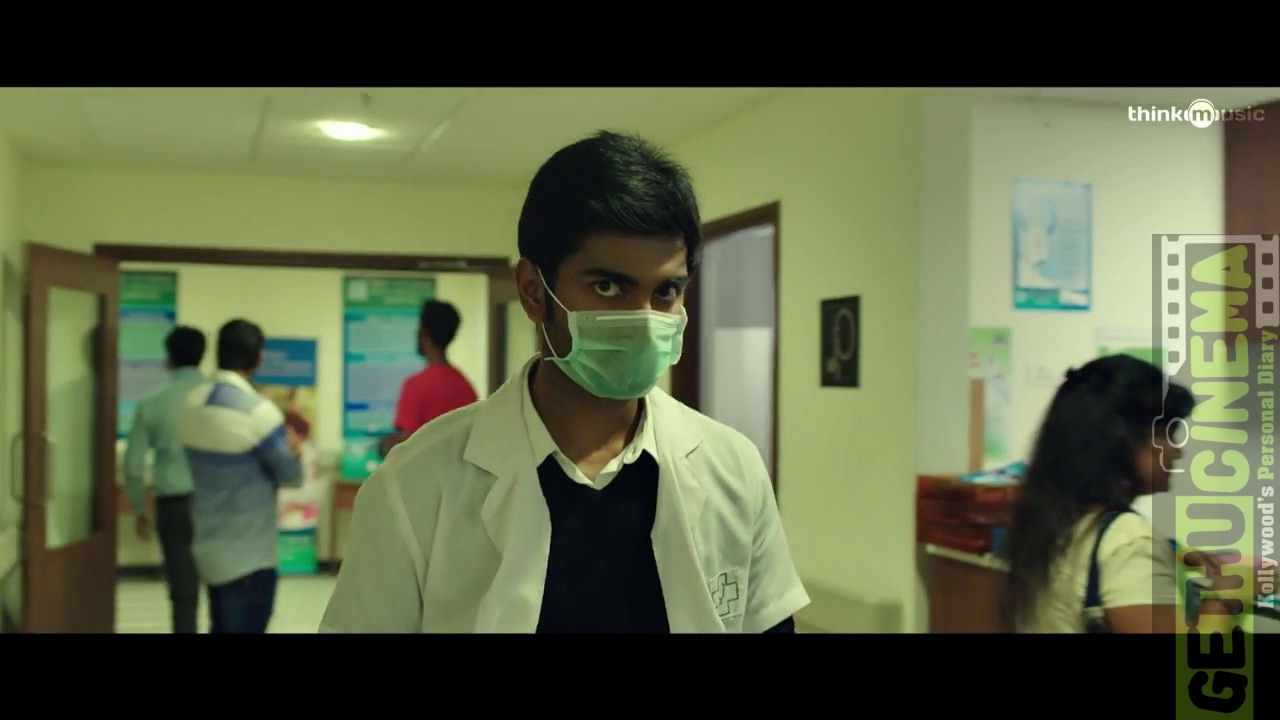Understanding Forensic Medical Exams
“Hello there! I’m here to provide you with a bit of information on forensic medical exams. I would like to remind you that suggestions on this post should not be taken as medical advice, legal advice, therapy, etc. or as a one-size-fits-all approach. Keep in mind that every individual’s journey of experiencing and navigating through stress or trauma is distinctive because you are one of a kind and no person is truly like you! Experiencing abuse in any form is NOT OKAY, but what you are experiencing as a result of abuse is valid.
Please know that healing is not a formula and is not for anyone else to define for you. You do you, and you follow all that you need to follow, to help yourself.
If you need additional resources or just someone to talk to, feel free to reach out to The Neeti Project."
(Image source: Gethu Cinema)
NOTE: The following data has been reproduced from Saahas, an app for individuals facing gender based violence to find assistance easily, created by Kirthi Jayakumar.
Kirthi has been a huge pillar of support and a personification of kindness and generosity since the get-go of this initiative. Members of The Neeti Project hold deep gratitude towards her constant assistance and contributions to make this space and the world at large, a better place.
During a medical exam, if you feel that you want to report the sexual assault immediately, or, a little while later, you can request forensic evidence to be collected. Medical forensic evidence comprises taking DNA samples by evaluating blood, sweat, semen, urine, skin tissues and saliva. The extraction of medical forensic evidence will help you submit evidence of your sexual assault and seek out the law enforcement to intervene and take the perpetrator to task.
When one intends to seek out a forensic medical exam, it is important to understand that prior to the medical exam and after the sexual assault (try to keep that time interval to a minimum), one must avoid bathing, showering, using the restroom, changing clothes, combing hair, douching, rubbing or wiping the area. It is perfectly natural and understandable that one may want to do some or all of these things after facing an assault. Try your best not to – however, even after doing so, you can ask for an exam. It might be a good idea to take along a spare set of clothing because sometimes, they may retain your clothing to test for DNA evidence.If you can’t get to a medical forensic examination centre early enough, make sure to preserve your clothing in a paper bag until you can give it to them.
It is most often the case that DNA evidence should be collected within 72 hours of the occurrence of the incident. Usually a medical forensic exam takes a few hours’ time. Take someone along – even an advocate or a women’s organization staff member. During the exam, one is free to ask them to stop, or take a break, or even leave out certain aspects of it if one feels uncomfortable. One is asked about their medical history – particularly allergies, medication if you are on any, pre-existing conditions if they have any, sexual activity and in some instances, if you are able to recount what had happened. Asking about sexual activity is usually done only to construct an accurate history. The entire body is examined externally, and the mouth, vagina and anus are examined internally. Blood, urine and semen swabs and samples maybe taken. Swabs of different body surface areas may also be taken. In some instances, hair samples are also collected. Clothing, particular items and objects may be collected for analysis.
Where can I get a Forensic Medical Exam?
One good bet is to look for specific providers. In India, any registered medical practitioner employed in a hospital run by the Government or a local authority and in the absence of such a practitioner, any other registered medical practitioner with the consent of the survivor can conduct the exam.

Comments
Post a Comment